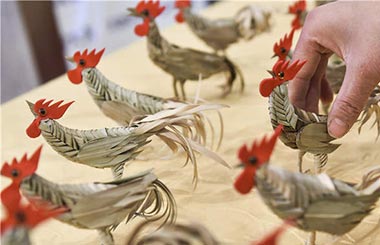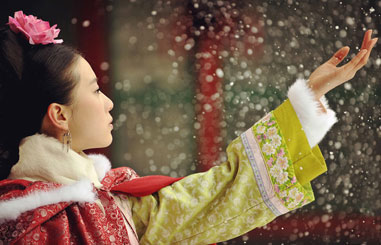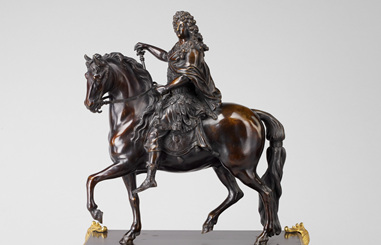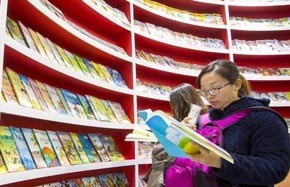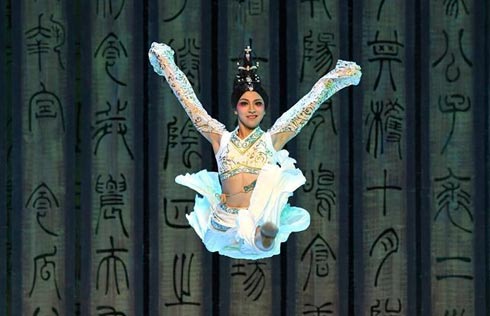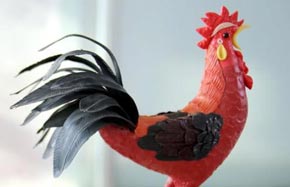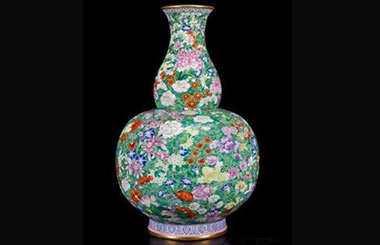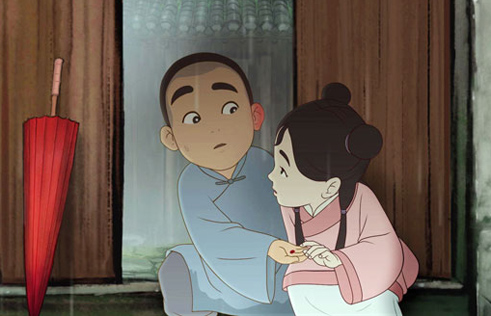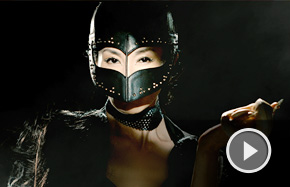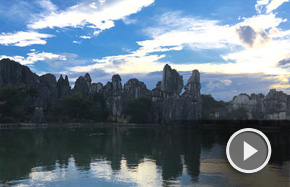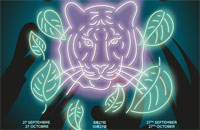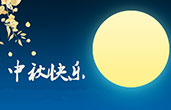Thangka gets new lease of life
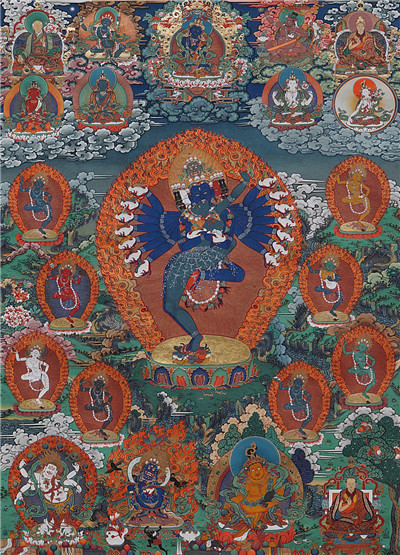 |
|
[Photo provided to China Daily] |
Tibet's official figures show that, as of the end of 2016, the region has honored four "lifetime thangka masters" and 99 "graded painters" who fall into three ranks.
Also, the number of non-governmental thangka institutes, including fine art academies, training centers and painters' studios, in the area has reached almost 300. They produce some 200 painters every year.
A booming economy and improving living standards have also made thangka sought after.
Tibet now has more than 30 thangka companies whose works are sold at home and abroad, racking up 100 million yuan ($14.5 million) last year, say official statistics.
An imperial thangka embroidered on silk in the Ming Dynasty (1368-1644) sold for $45 million at a Hong Kong auction in 2014. It shows a wrathful Raktayamari in brilliant red with patterns woven with gold thread, testimony to the exquisite techniques in vogue during the reign of emperor Zhu Di.
Shalu Wangdu says the thriving market for thangka has also raised the painters' social status and incomes even though some sell inferior works for quick profits.
To check this problem, last year, Tibet's cultural administration put into effect a classification system for thangka, which defines the art and specific categories it is divided into.
Policymakers hope the system can better regulate thangka.
The system marks the first step for Tibet to build up a regulatory framework for painted and embroidered thangka pieces, as well as for the manufacture of pigments and painting tools.
Ngawang Jigme says painters and craftsmen in the past devoted themselves to thangka more out of love and responsibility. Hopefully now, with the implementation of the laws, the tradition will be safeguarded.
Shalu Wangdu says while intelligence and practice make a good painter, it is moral integrity that identifies a real master.
Contact the writer at linqi@chinadaily.com.cn
If you go
9 am-5 pm, through Jan 18. 1 Wusi Dajie, Dongcheng district, Beijing. 010-6400-1476.




